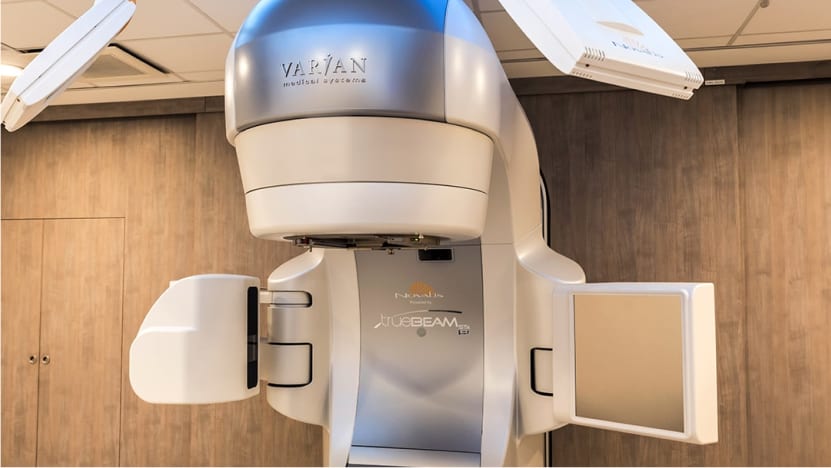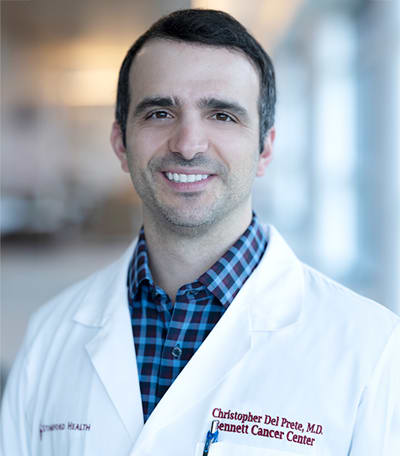Our Compassionate, Comprehensive Approach
If you’re faced with a brain cancer diagnosis, we at Stamford Health understand just how frightening and confusing it may be. That’s why we are committed to providing emotional support along with the latest medical and integrative medicine treatments and diagnostic services. Our knowledgeable and compassionate oncology team is dedicated to supporting you through your course of treatment.
A Closer Look At Our Cancer Care
Brain Cancer Treatment Options
Our neurosurgeons will work with you and their interdisciplinary partners to customize the appropriate treatment plan for your case, depending on the tumor location and the extent of your cancer.
Meet Our Physicians
-
Surgery
-
Medical Oncology
-
Radiation Oncology
Brain Cancer Symptoms
Brain tumors are rare, but it is helpful to be aware of the signs. While they may vary (and are not always indicative of a brain tumor), common symptoms include:- Changes in vision
- Seizures
- Personality changes
- Poor coordination
- Memory loss
- Frequent confusion and difficulty speaking and comprehending
- Recurring headaches (with nausea or vomiting) that last for many days
Brain Cancer FAQs
-
How can you recognize the symptoms of brain cancer, and when should you seek medical attention?Recognizing the symptoms of brain cancer is crucial for early detection. Common signs may include persistent headaches, changes in vision, and cognitive or motor difficulties. If you experience any concerning symptoms, it's important to seek prompt medical attention. Early diagnosis enhances the effectiveness of treatment and improves outcomes.
-
What screening or diagnostic tests are available at Stamford Health for the detection of brain cancer?Stamford Health offers advanced screening and diagnostic tests for the detection of brain cancer. These may include imaging studies such as MRI or CT scans, as well as consultations with specialists to thoroughly evaluate your condition. Our comprehensive diagnostic approach ensures a thorough understanding of your unique situation.
-
How is brain cancer diagnosed, and what is the process for determining an appropriate treatment plan?The diagnosis of brain cancer involves a careful process, including imaging tests and consultations with our experienced medical team. Following diagnosis, we work collaboratively to develop an individualized treatment plan that may include surgery, radiation therapy, or chemotherapy. This personalized approach ensures the most effective and tailored care for each patient.
-
Can you get a second opinion on a brain cancer diagnosis and treatment plan at Stamford Health?Absolutely. Seeking a second opinion is a valuable step in making informed decisions about your care. At Stamford Health, we encourage and support patients in obtaining second opinions. If you are already a patient here, you can receive a virtual second opinion from the Dana-Farber Brigham Cancer Center.
-
How does Stamford Health support patients in managing side effects during and after brain cancer treatment and maintaining quality of life?Stamford Health is dedicated to supporting patients throughout their journey. Our comprehensive supportive care services include symptom management, counseling, and resources to help individuals cope with the challenges of brain cancer treatment. We prioritize maintaining your quality of life and well-being during and after treatment.
-
How can family members and friends actively support a loved one diagnosed with brain cancer at Stamford Health?Family members and friends play a crucial role in providing emotional support. Practical assistance with daily tasks, being present during appointments, and offering a listening ear can make a significant difference. Stamford Health recognizes the importance of a strong support system and encourages loved ones to actively participate in the patient’s journey, providing comfort and companionship.


















